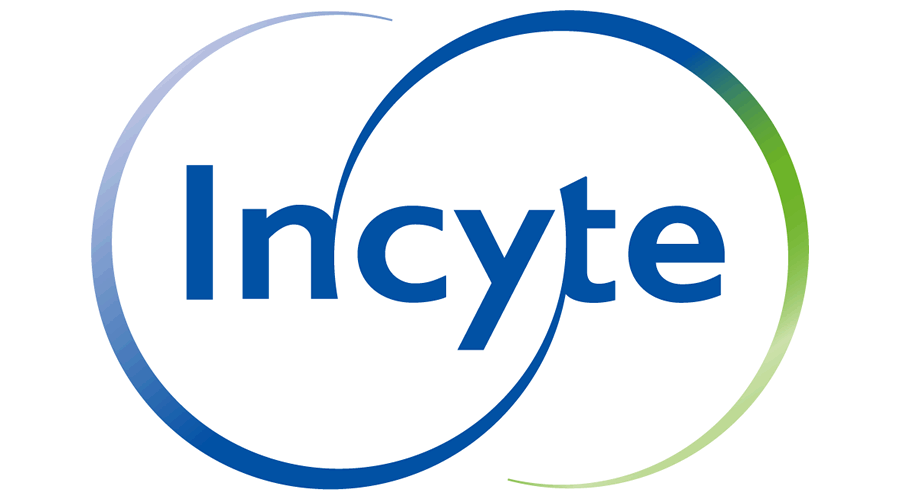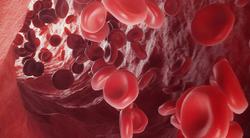- About
- Advertise / Support
- Contact
- CancerNetwork.com
- TargetedOnc.com
- OncLive.com
- OncNursingNews.com
- Terms & Conditions
- Privacy
- Do Not Sell My Information
© 2025 MJH Life Sciences™ and CURE - Oncology & Cancer News for Patients & Caregivers. All rights reserved.
Science Surrounding MPNs ‘Continues to Evolve at a Rapid Pace’
Dr. John Mascarenhas discusses the progress of the research around myeloproliferative neoplasms , as well as what more efforts are still needed.
This video features Kerry Fraser, a retired NHL referee and patient with a type of MPN, who hosted the 2021 MPN Heroes® program, as well as MPN Heroes® recipient and Dr. John Mascarenhas, of the Icahn School of Medicine at Mount Sinai in New York City.
Transcript
Fraser: Now to Dr. Mascarenhas, last year CURE® recognized several heroes during its annual MPN Heroes® program for the amazing work they do in this space. You were one of the recipients. What did it mean to be recognized for your achievements?
Mascarenhas: It was exciting … I was flattered to be recognized by the MPN Hero Award in 2021. And I had been recognized previously. So to get a second time, I was not expecting that at all. Although I definitely don't do this, and I know Jeff and others don't do what they do for the recognition, it is really flattering, and it's nice to be recognized. So I appreciated receiving this recognition again.
Fraser: I must say that as an MPN patient, and I speak on behalf of everyone I'm sure we really recognize and are honored that people in your field are working so hard and diligently to come up with, I assume, a cure. Is that the end goal here?
Mascarenhas: Yeah, absolutely. That's probably moving along in that initiative, steadfast. I mean, it's a mission that is a collaboration among many different investigators and institutions, and patients and pharmaceutical companies and organizations across the globe. With one focus, which is to improve the lives (and) ultimately deliver a cure to patients with MPNs.
It happens in ebbs and flows. We have years where there are real leaps or what looks like leaps, and then years where it doesn't feel like that. But the science continues to push forward.
What I'm most excited about is that science continues to evolve at a rapid pace, and I'm very confident with that will come therapies that will have this curative potential. So, I'm optimistic for the future.
Fraser: That's fantastic. Would it be safe to say that, that funding is as important to meet this mission, as it is, the research and all the efforts that everyone is doing in this field?
Mascarenhas: Funding is critical. I recognize that more now than ever, funding is really critical.
So funding comes through different avenues. It comes through (National Institutes of Health) grants through federal grants, it comes through other organizations and private foundations, philanthropy from grateful patients, and … funding from invested pharmaceutical companies. So without that funding that comes from various areas, we wouldn't be able to do what we do. And of course, it requires continued funding to keep this massive operation moving forward.
Fraser: Well, there are so many initiatives out there for funding for different forms of cancer. (For) MPNs, where do we sort of sit on the scale as to in the public, the knowledge about the disease, and the advocacy of trying to raise funds, compared to all the other cancers that we’re more familiar with?
Mascarenhas: Yeah, it's definitely a dilemma of sorts, because MPNs are rare, so they don't get as much public attention as having breast cancer and lung cancer and colon cancer, prostate cancer, the cancers that are much more common. It would be pretty routine to sit down at a table or be at a party and to find someone in that group who's been affected directly or indirectly by one of those cancers, and probably less frequently by an MPN. So the rarity of MPNs is a disadvantage, I think, in terms of bringing attention for funding.
But I think that's made up for in large part by the passion of those that are involved in the clinical research, development of therapies and patient advocacy. So, you know, I think the saving grace here is that, for example, this program, trying to bring and highlight attention to these diseases, and hopefully, direct philanthropy and giving. (That) is what it's all about. So I think the more we talk about it, the more science that drives the innovation, the more attention at various levels will hopefully continue to bring philanthropy and funding to this effort.
Transcript has been edited for conciseness and clarity.
For more news on cancer updates, research and education, don’t forget to subscribe to CURE®’s newsletters here.
Related Content:




